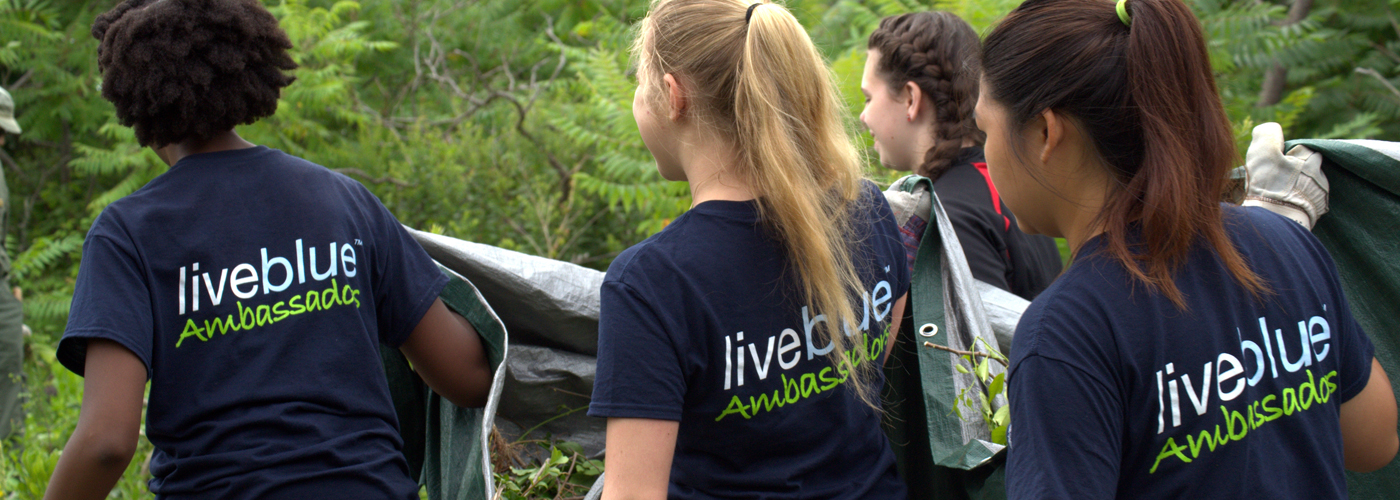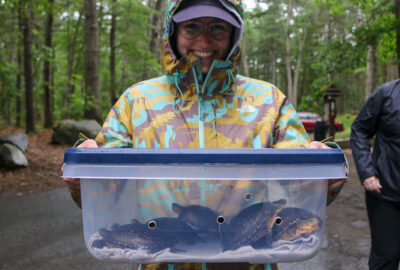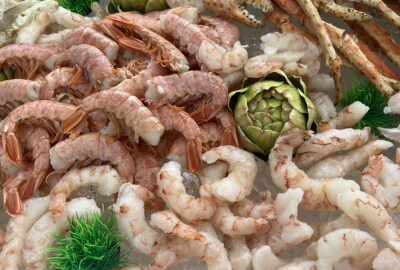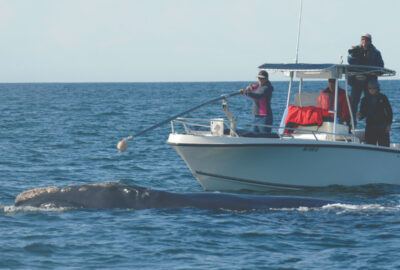Please note: We strongly recommend purchasing tickets online in advance during the heat wave, as our ticket booth is located outdoors.
Organizing a Community-wide Cleanup
By New England Aquarium on Thursday, May 27, 2021

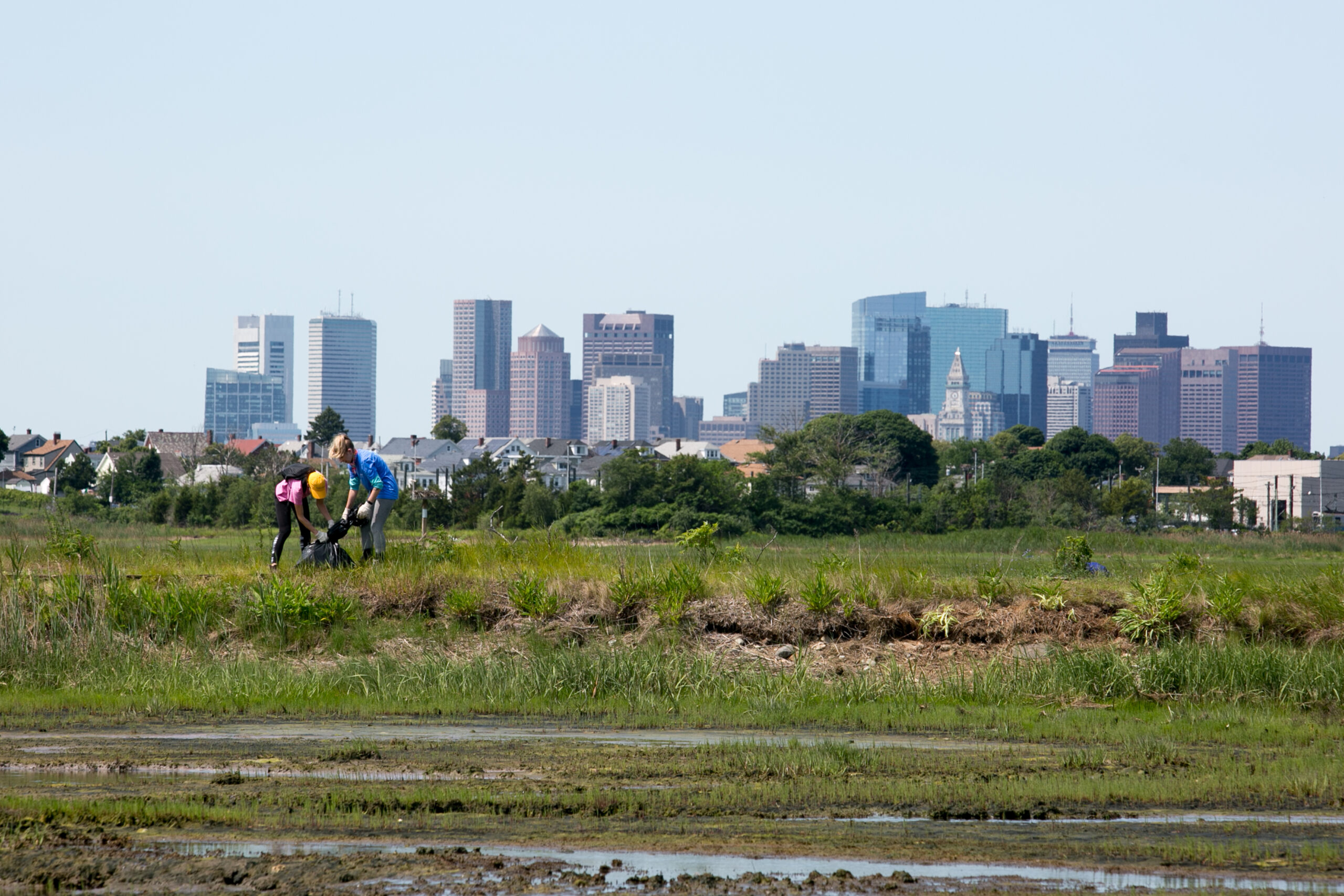
Perhaps you have been wandering around a beach or a park in your community and realized that there is a noticeable amount of garbage ruining the natural beauty of the area. Did you stop and wonder how to fix this? Beach or community cleanups all start with the action of a single individual who is capable of more impact than one may even realize. Roughly 80% of marine debris comes from land-based sources such as sewage runoff or industrial waste. You might be saying, “I don’t live near the ocean. How can I help with this issue?” Well the tips we are going to share can apply to helping clean up other waterways such as rivers, lakes, or even land-based areas like your neighborhood or a park!
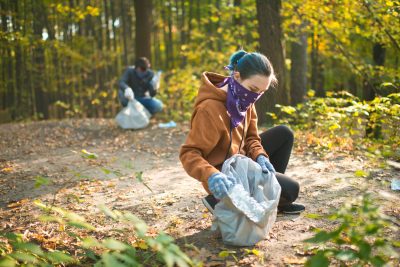 First things first, before you go to the site that you have designated, determine if you or your group can safely access the area. You should familiarize yourself with the local guidelines, which ensure that you will have unrestricted access to the area when you plan to go and clean. Some areas might have set times when you can access them or may only be altered by certain personnel.
First things first, before you go to the site that you have designated, determine if you or your group can safely access the area. You should familiarize yourself with the local guidelines, which ensure that you will have unrestricted access to the area when you plan to go and clean. Some areas might have set times when you can access them or may only be altered by certain personnel.
Before the Cleanup
Recruit help if you can: ask friends, coworkers, family, and mentors if they want to join in and help. Even better, you can go one step further and create an event on social media if you are trying to maximize the amount of people involved. This also gives you an easy place to coordinate the event.
Next you are going to want to get the supplies needed to safely clean the areas including, but not limited to:
- Reusable work/garden gloves
- Reusable trash bags
- Hand sanitizer
- First aid kit
- Sun screen and bug spray
- Snacks
- Claw-like or grasping tool to handle certain debris
- A sifter for things such as microplastics or other unseen objects
- Tarp to place all the trash to be sorted and separated into recyclables and trash
Plan ahead for how you want to handle the recyclables, whether it be contacting recyclers in your area (like the community’s solid waste department) to see if they can make arrangements to accept the collected glass, plastics, and aluminum. You can also bring the recyclables home to be recycled with your recyclables.
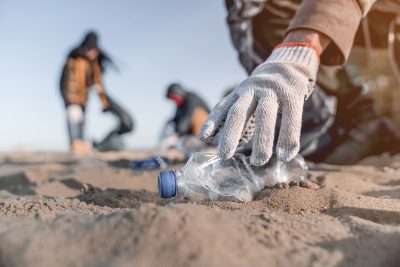
Day of the Cleanup
- Set a time and place for everyone to meet if you are working with a group.
- Wear thick gloves to help prevent any potential injuries from the objects you will be handling.
- Pick up anything that doesn’t belong or isn’t natural to the area.
- Be prepared for the heat: wear sunscreen, a hat, and bring plenty of water to keep yourself and your team hydrated!
- In the event you find any wildlife that is entangled or in danger call a lifeguard, park ranger, or any local wildlife service to assist.
- Only handle things you feel comfortable picking up. If you see any potentially hazardous waste contact the authority of that area who is better equipped to handle such waste.
- Be safe and prepared to handle any medical emergencies big or small.
- Take pictures before and afterwards to see the difference you’ve made. This can inspire others in the community to join in next time or even start their own cleanup efforts! Have fun with it, play music or set goals for the day to incite a friendly competition!
After the Cleanup
- Bring all that has been collected to the tarp you’ve laid out or area you’ve designated to separate everything gathered by material (plastics, metals, paper, aluminum etc.).
- Bag items accordingly to be easily disposed of properly.
- Do one last run through the area to make sure you aren’t leaving anything behind.
- Dispose of plastics and trash at the location you predetermined before starting the cleanup.
- Give thanks to those who have helped you and admire the hard work you have all put in to make a difference!
Whether you are working alone or with a group, what you’ve accomplished makes a difference and can pave the way for future waste reducing efforts!
